Obtain Your Canadian Police Certificate Easily
Did you know that obtaining a police certificate is often required when applying for permanent residence or immigration in Canada? It’s a crucial step that ensures the safety and security of the Canadian community.
When navigating the process of obtaining a police certificate, it’s essential to understand the procedures and requirements involved. From applying for the certificate to considering special considerations and the apostille and legalization process, each step plays a vital role in ensuring a smooth application process.
In this article, I will guide you through the necessary steps and provide valuable tips to help you obtain your Canadian police certificate seamlessly.
Key Takeaways:
- Obtaining a police certificate is often required for permanent residence or immigration applications in Canada.
- The process for obtaining a police certificate varies depending on your location, either through a city police department or the RCMP.
- Due to high demand, delays in processing can occur, but the deadline for providing the criminal record check can be automatically extended by 30 days.
- Apostille or legalization may be necessary for certain applications, and specific steps should be followed to ensure the correct procedures are followed.
- If you need to submit fingerprints from outside of Canada, a multi-step process involving authorized agencies and accredited companies is required.
How to Apply for a Canadian Police Certificate
Applying for a police certificate in Canada is a crucial step in various immigration and permanent residency processes. To ensure a smooth application process, follow these steps:
- Visit the Royal Canadian Mounted Police (RCMP) website for detailed instructions on the application process.
- Take note that the application process may vary depending on your location.
- If you reside in a city, you can obtain the police certificate directly from the respective city police department without the need for fingerprints.
- For those residing in rural areas, the police certificate can be obtained from the local RCMP Detachment, also without the need for fingerprints.
- However, if you require a certified criminal record check based on full sets of fingerprints, you will need to use the RCMP in Ottawa.
- It’s crucial to carefully read and follow the specific instructions provided on the RCMP website for your particular location.
Obtaining a police certificate may seem daunting, but by following these steps and adhering to the guidelines provided, you can ensure a successful application process.
If you need further assistance or have any questions, consult the RCMP website or contact the appropriate authorities for guidance.
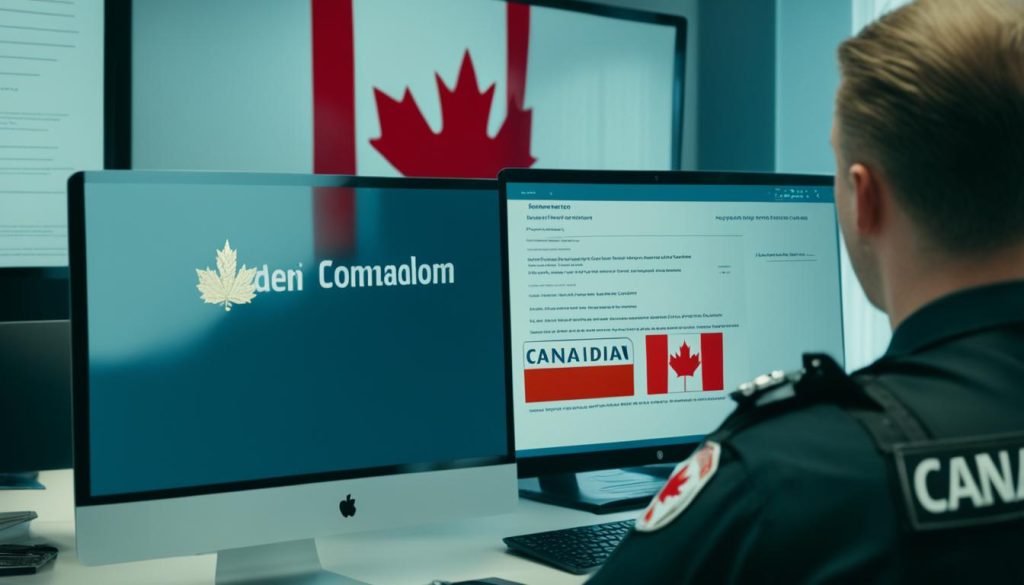
Special Considerations for Obtaining a Police Certificate
When applying for a police certificate in Canada, it’s important to be aware of the special considerations that may arise due to the high demand for RCMP criminal record checks. These considerations primarily revolve around potential service delays.
If you experience delays in the processing of your RCMP criminal record check, rest assured that the deadline for providing the check will be automatically extended by 30 days. There is no need to contact either the immigration authorities or the RCMP to request an extension. The system will automatically take care of it.
However, it is always wise to stay updated on any changes and notifications regarding the processing of your application. Sometimes, additional information or documents may be required, and being aware of these updates can help ensure a smooth and timely completion of the process.
To stay informed, regularly check the official RCMP website for any announcements or updates related to service delays or changes in the process. This will help you stay on top of things and avoid any unnecessary stress or confusion.

By keeping yourself informed and being prepared for potential service delays, you can navigate the process of obtaining a police certificate in Canada more effectively and confidently.
Apostille and Legalization Process for Police Certificates
As Canada is a part of The Hague Apostille Convention, the process for obtaining a police certificate may include apostille or legalization. When you receive the original police certificate, it’s advisable to have it notarized by a Canadian Public Notary. However, the RCMP police certificate issued in Ottawa should not be notarized. If you require apostille or authentication, you can proceed to have it done at the Global Affairs of Canada. Additionally, if legalization at a foreign Embassy or Consulate is necessary, it can be arranged. Services are available for assistance with these processes.
Getting your police certificate for Canada immigration or other purposes may require apostille or legalization. Notarizing the original certificate through a Canadian Public Notary is recommended, except for RCMP certificates from Ottawa. Global Affairs of Canada can provide apostille or authentication services, and if needed, legalization at a foreign Embassy or Consulate can also be arranged. Professional assistance is available to guide you through these processes and ensure a smooth experience.
Submitting Fingerprint from Outside of Canada
If you are applying for an RCMP criminal record check or police clearance for immigration to Canada from outside the country, there is a specific process that you need to follow. Here are the steps:
Firstly, you must request a paper copy of your fingerprints from an authorized agency located in the country where you currently reside. This can include local police services, embassies/consulates, government departments, or notaries of the public. The paper copy of your fingerprints should be taken in black ink and include prints of all ten fingers. It must also include specific details of the authorized agency and the official who took your fingerprints.
Once you have the paper copy of your fingerprints, you will need to contact an accredited company within Canada to convert the paper fingerprints into an electronic transaction. This company will then submit your fingerprints to the RCMP’s Canadian Criminal Real Time Identification Services (CCRTIS). It is crucial to follow the guidelines and requirements provided by the RCMP to ensure a smooth and successful process.
By following these steps, you can fulfill the requirement of submitting fingerprints for an RCMP criminal record check or police clearance for immigration to Canada even if you are located outside of the country. It is essential to adhere to the instructions provided and work with authorized agencies to ensure the accuracy and validity of your fingerprints and documents.
- The Role of Police in Community Safety & Unity - October 6, 2025
- Quebec Police Officer Salary Insights 2023 - July 13, 2025
- Canada Arrest Protocol: What Police Say Upon Arrest - June 12, 2025

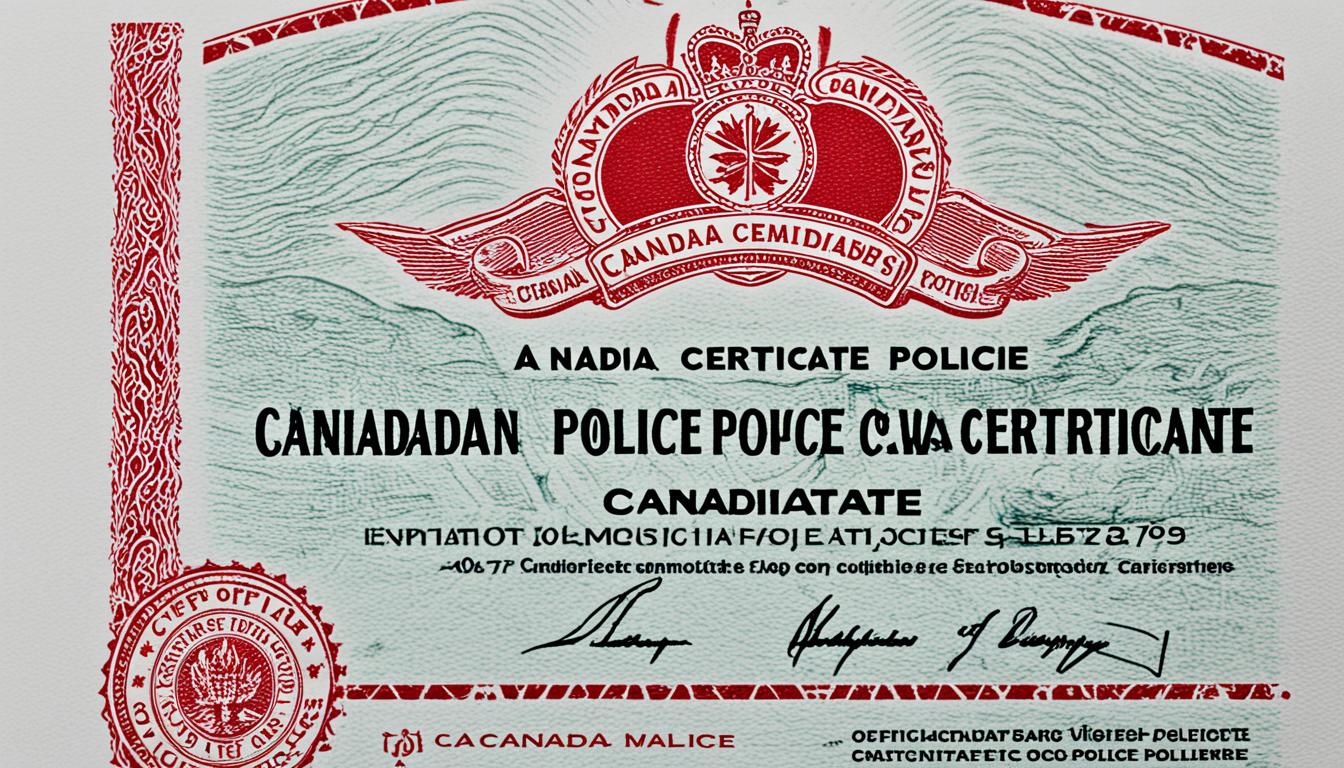
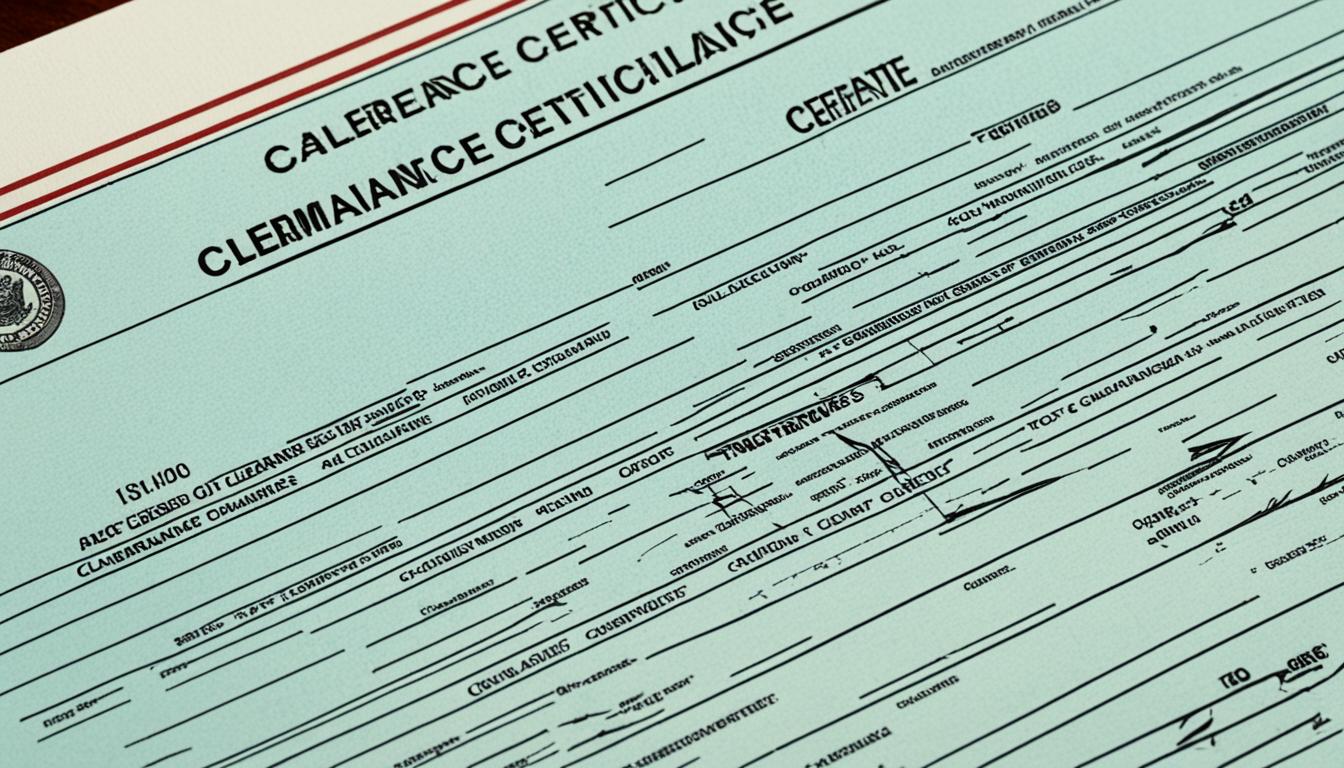

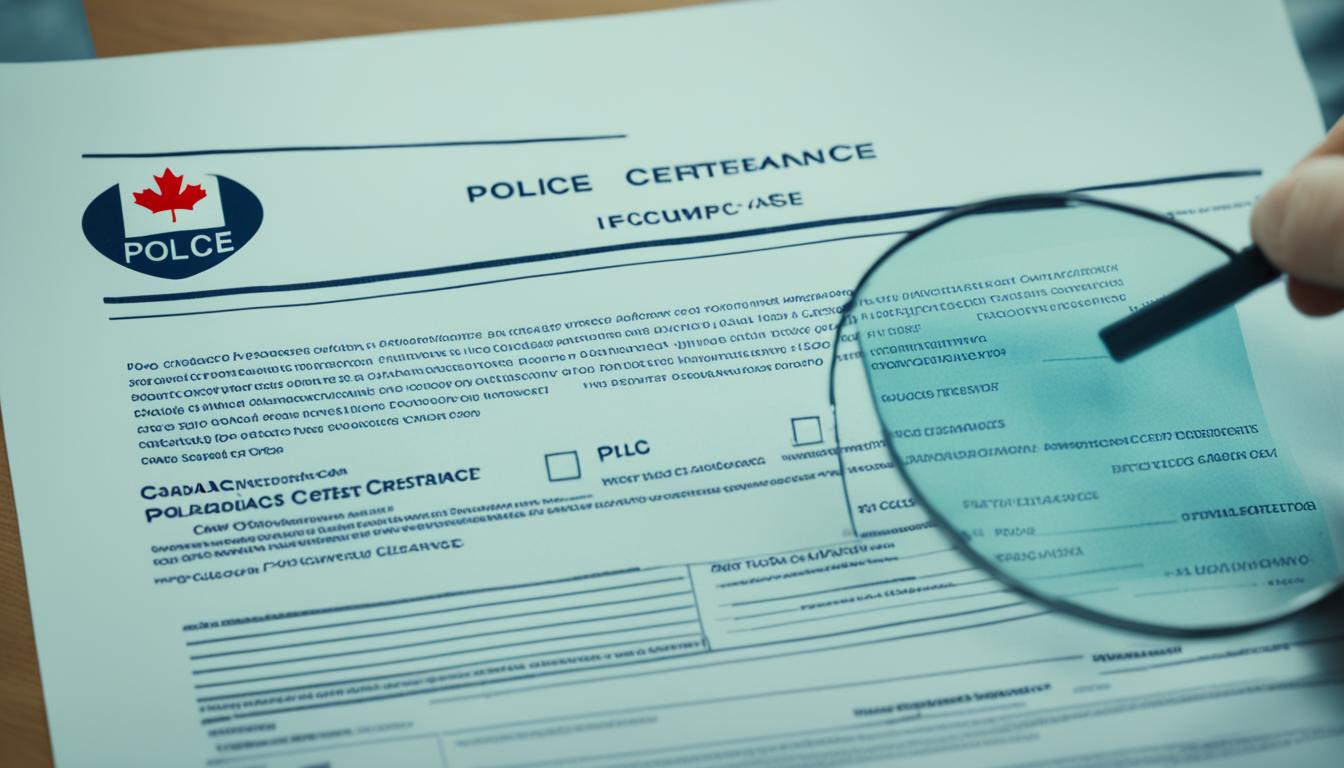

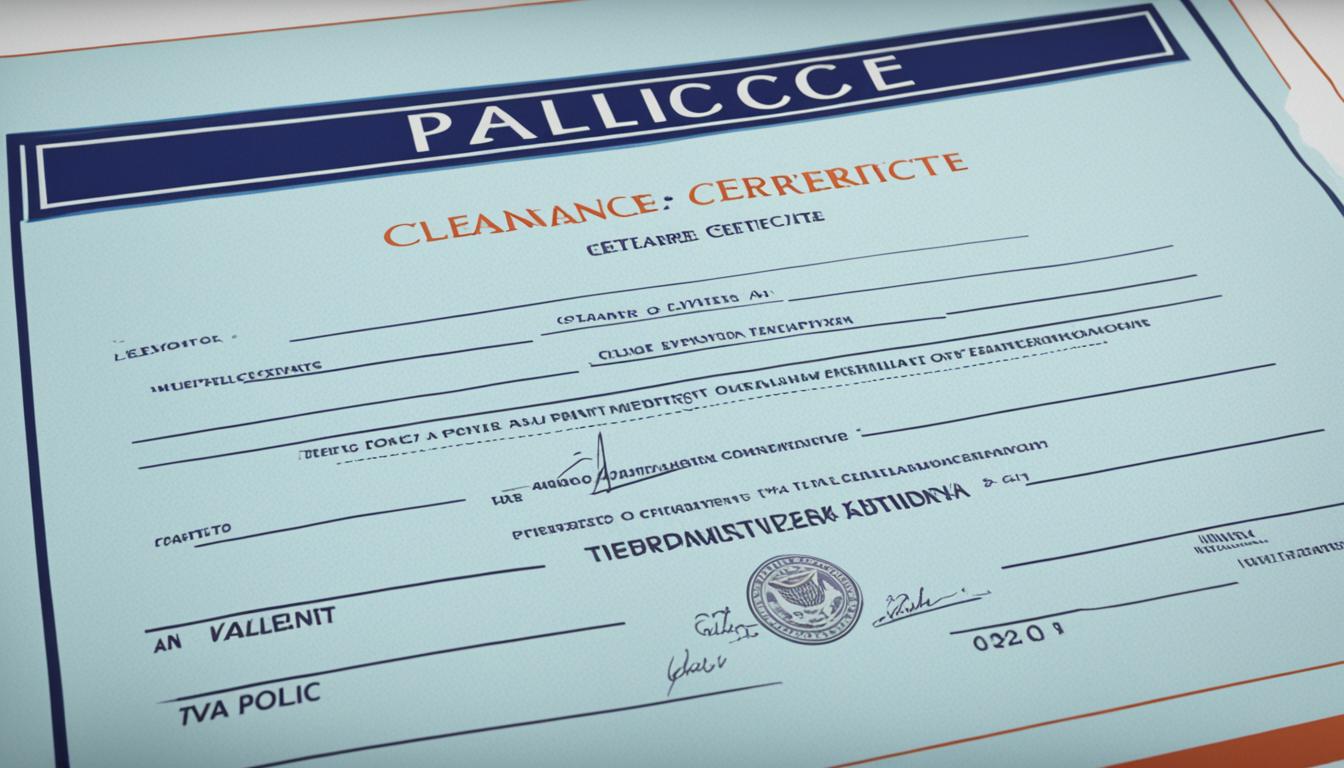













Post Comment